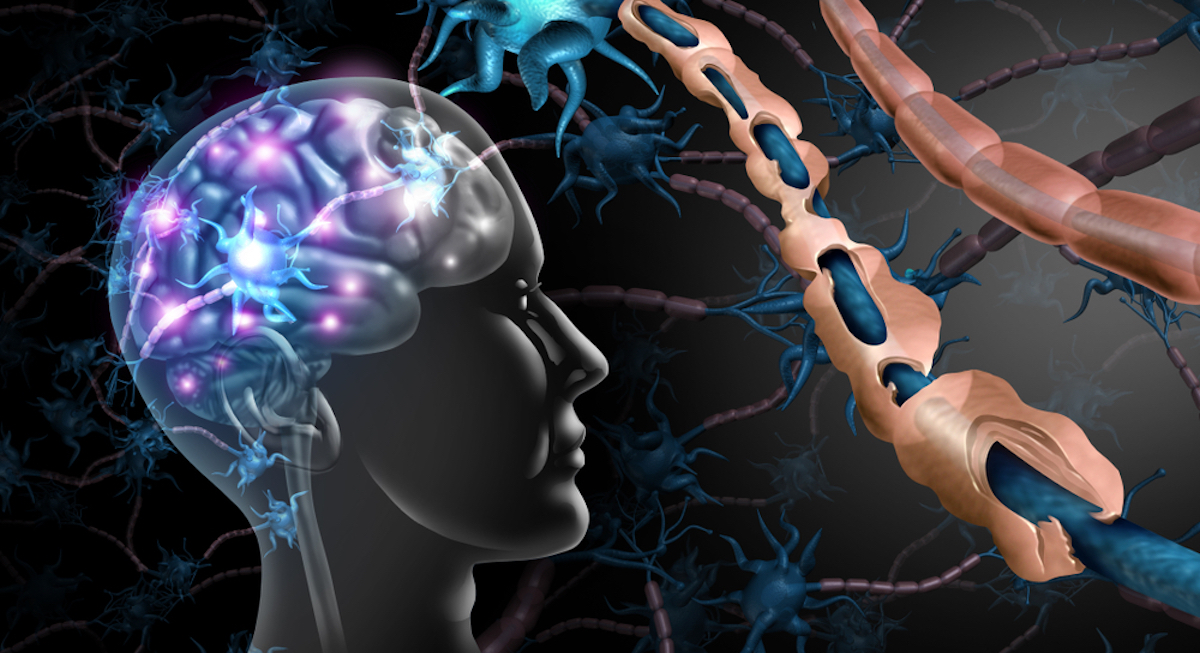Multiple Sclerosis (MS) is a complex and often unpredictable neurological disorder that has a significant impact on a global scale. Affecting millions of individuals worldwide, it is crucial to understand the causes, symptoms, and treatment options of this condition to provide better support and care for those living with MS across diverse populations and healthcare systems. With its varied manifestations and progression, MS presents a universal challenge in neurology, emphasizing the need for comprehensive research, effective treatments, and supportive care strategies that are adaptable to different regions and cultures around the world.

What is Multiple Sclerosis?
Multiple Sclerosis, often called MS, is a problem in our bodies that makes it hard for our brain to talk to our muscles and do things. MS happens when our own defense system mistakenly attacks the covering of our nerves, making it harder for our brain signals to travel properly. It’s like having a bad connection in a phone call between our brain and our body. There are different types of MS. To make it easier to understand what all these types entail – and where they differ, we’ve created this overview:
| Type of MS | Description |
|---|---|
| Relapsing-Remitting MS (RRMS) | Periods of symptom worsening (relapses) followed by periods of recovery (remissions). |
| Primary Progressive MS (PPMS) | Gradual, continuous symptom worsening over time without distinct relapses or remissions. |
| Secondary Progressive MS (SPMS) | Starts as RRMS with relapses and remissions but later transitions into a progressive form with steady symptom worsening. |
| Progressive-Relapsing MS (PRMS) | Steady symptom worsening with occasional relapses and minor recoveries. |
| Benign MS | Mild symptoms and little to no disability experienced over many years. |
| Clinically Isolated Syndrome (CIS) | A single episode of neurological symptoms, not a type of MS, but may be a precursor to MS. |
What Causes Multiple Sclerosis?
In simple terms, the exact cause of Multiple Sclerosis (MS) is not completely understood, but it’s believed to happen when our own defense system, called the immune system, gets confused. Instead of protecting us, it starts attacking the covering of our nerves, which is like the protective coating on an electrical wire. This damage makes it harder for our brain to send messages to the rest of our body, causing the problems seen in MS. Researchers think that a combination of genetics and factors like infections might play a role in triggering this immune system confusion. Continue reading on the next page and discover, among others, how you can recognize this neurological disorder.

